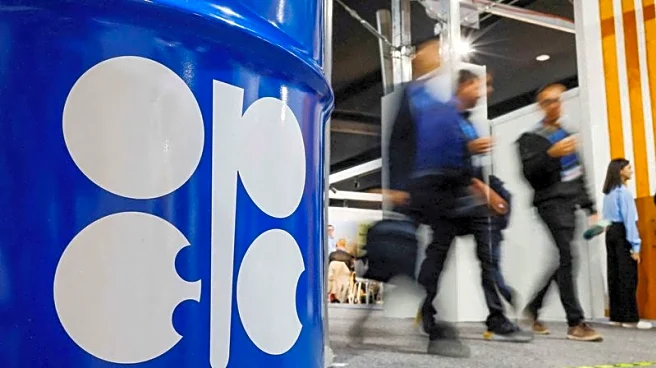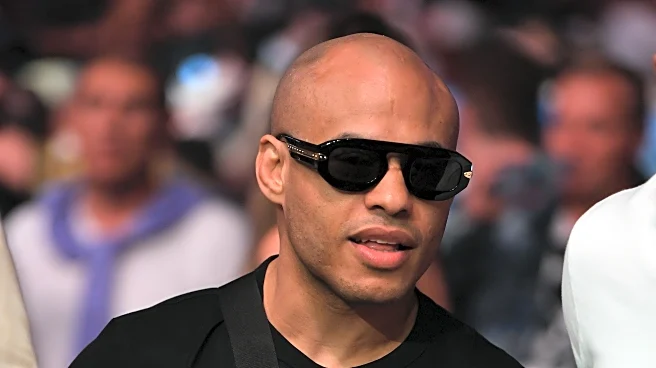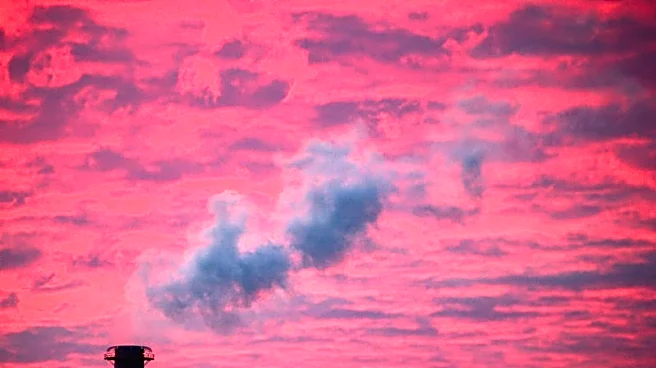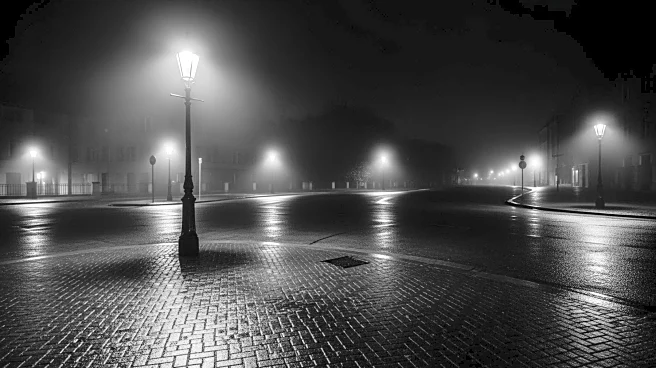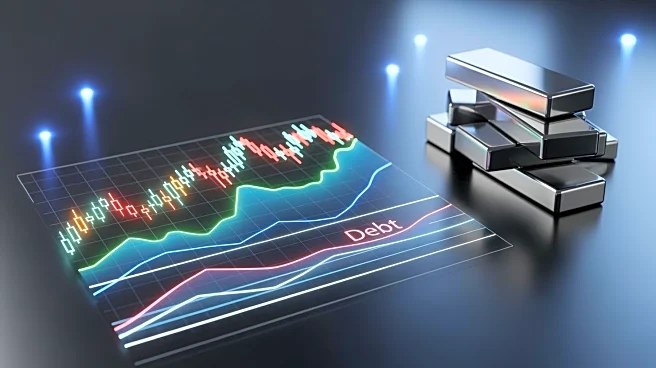By Olesya Astakhova and Dmitry Zhdannikov
LONDON/MOSCOW (Reuters) -OPEC+ will increase oil output further from November when it meets on Sunday, sources close to the talks said, with Saudi Arabia pushing for a larger increase to regain market share and Russia suggesting a more modest rise.
The group comprising the Organization of the Petroleum Exporting Countries plus Russia and some smaller producers has increased its oil output targets by more than 2.6 million barrels per day (bpd) this year, equating
to about 2.5% of global demand.
The shift in policy after years of cuts is designed to regain market share from rivals such as U.S. shale producers. Russia and Saudi Arabia, the two biggest producers in the OPEC+ group, have disagreed on the size of increases from time to time but have ultimately reached compromise agreements.
Moscow would prefer the group to raise output by 137,000 bpd from November, the same as in October, to avoid pressuring oil prices and because it would struggle to raise output owing to sanctions over its war in Ukraine, two sources said this week.
Saudi Arabia would prefer to double, triple or even quadruple that figure - to 274,000 bpd, 411,000 bpd or 548,000 bpd respectively - because it can ramp up production quickly and wants to grow market share, the sources said.
No final decision has been taken, two sources said, with one expecting a minimal rise of 137,000 bpd while the other said that 274,000 bpd was most likely.
The eight OPEC+ countries will hold an online meeting at 1100 GMT on Sunday, the two sources said.
Previous output cuts had peaked in March, amounting to 5.85 million bpd in total. The cuts were made up of three elements: voluntary cuts of 2.2 million bpd, 1.65 million bpd by eight members and a further 2 million bpd by the whole group.
The eight producers plan to fully unwind one element of those cuts - 2.2 million bpd - by the end of September. For October, they started removing the second layer of 1.65 million bpd with the increase of 137,000 bpd.
(Reporting by Alex Lawler, Ahmad Ghaddar, Olesya Astakhova and Dmitry ZhdannikovEditing by David Goodman)
